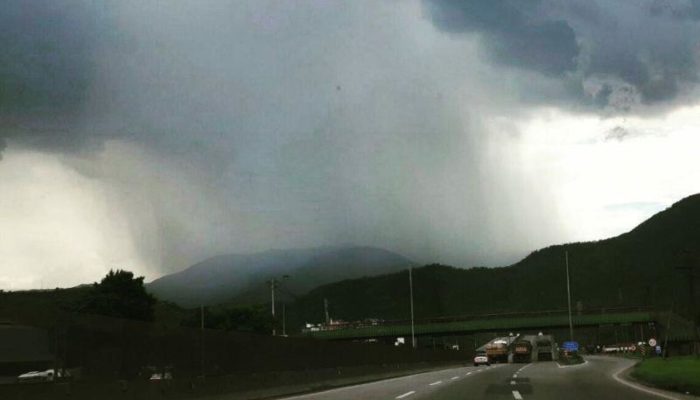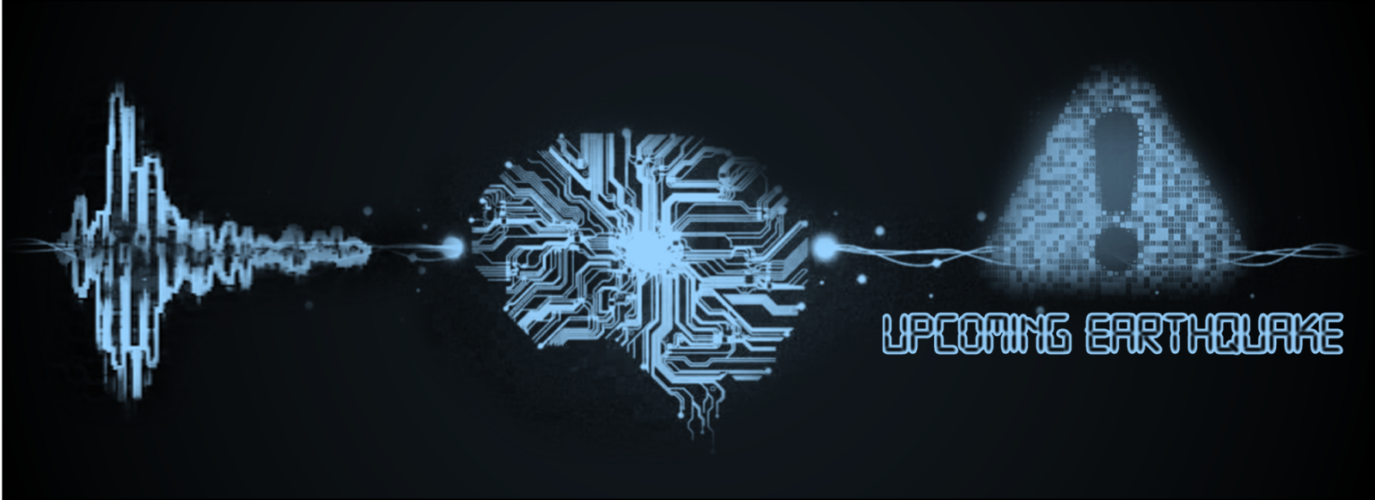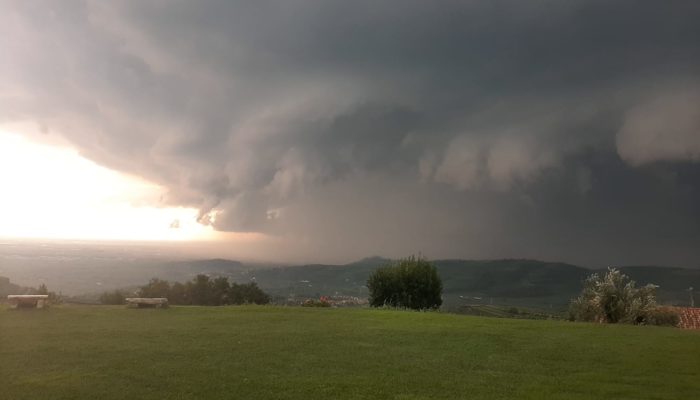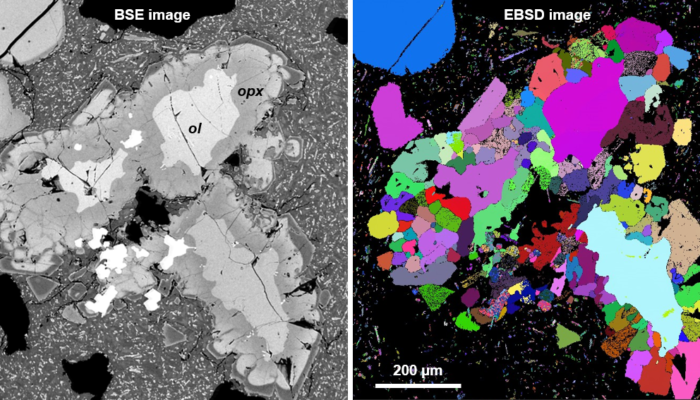In summer 2020, extreme rainfall events dumped up to 320 mm of rain in a single day in the Baixada Santista metropolitan region, São Paulo state, breaking Brazil’s record for the biggest rainfall in a single event and demonstrating one of the greatest threats of climate change. The damage caused by the associated landslides led to dozens of fatalities and hundreds of homeless people, as well ...[Read More]
2020: The escalation of extreme rainfall events in Brazil




